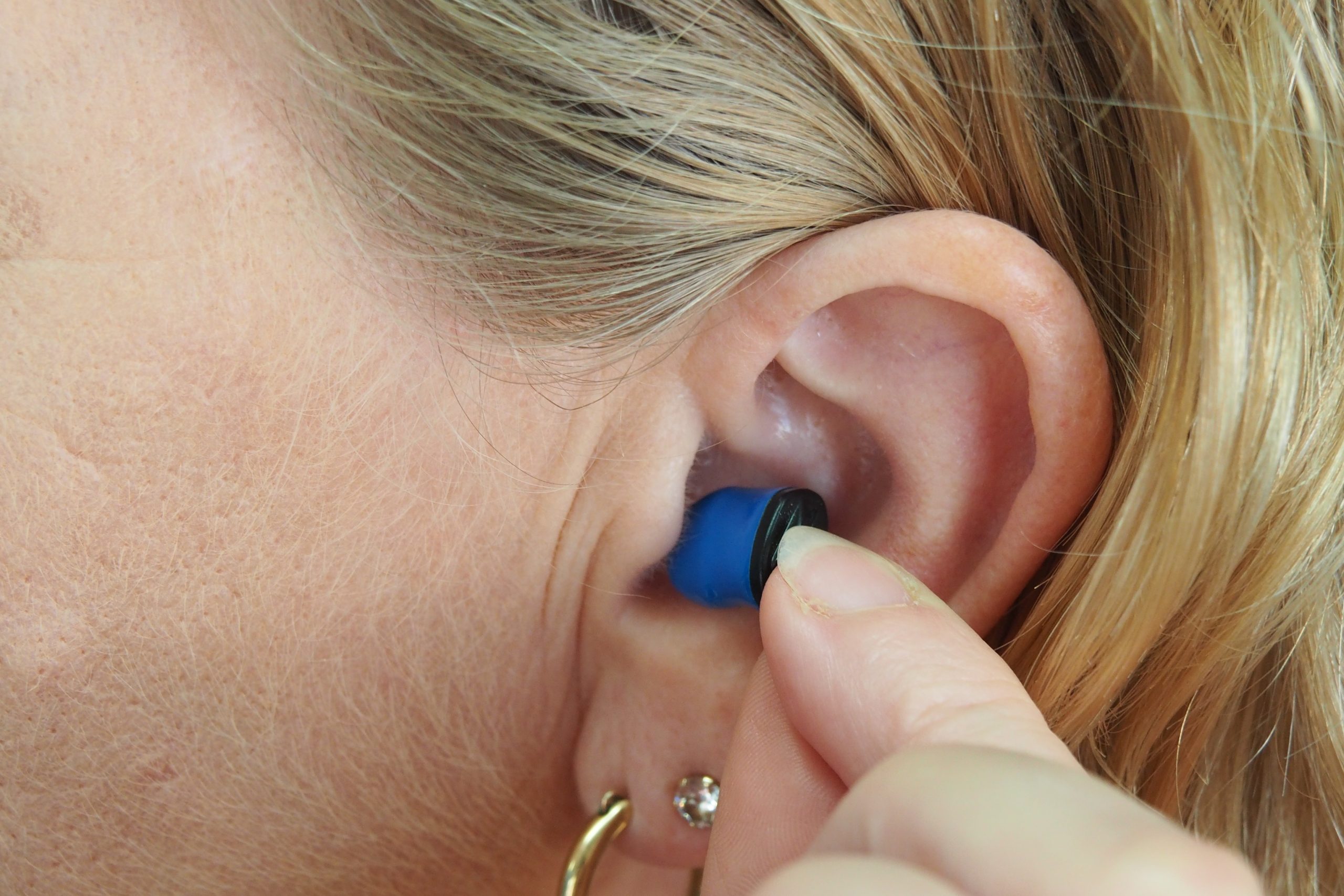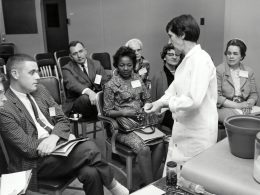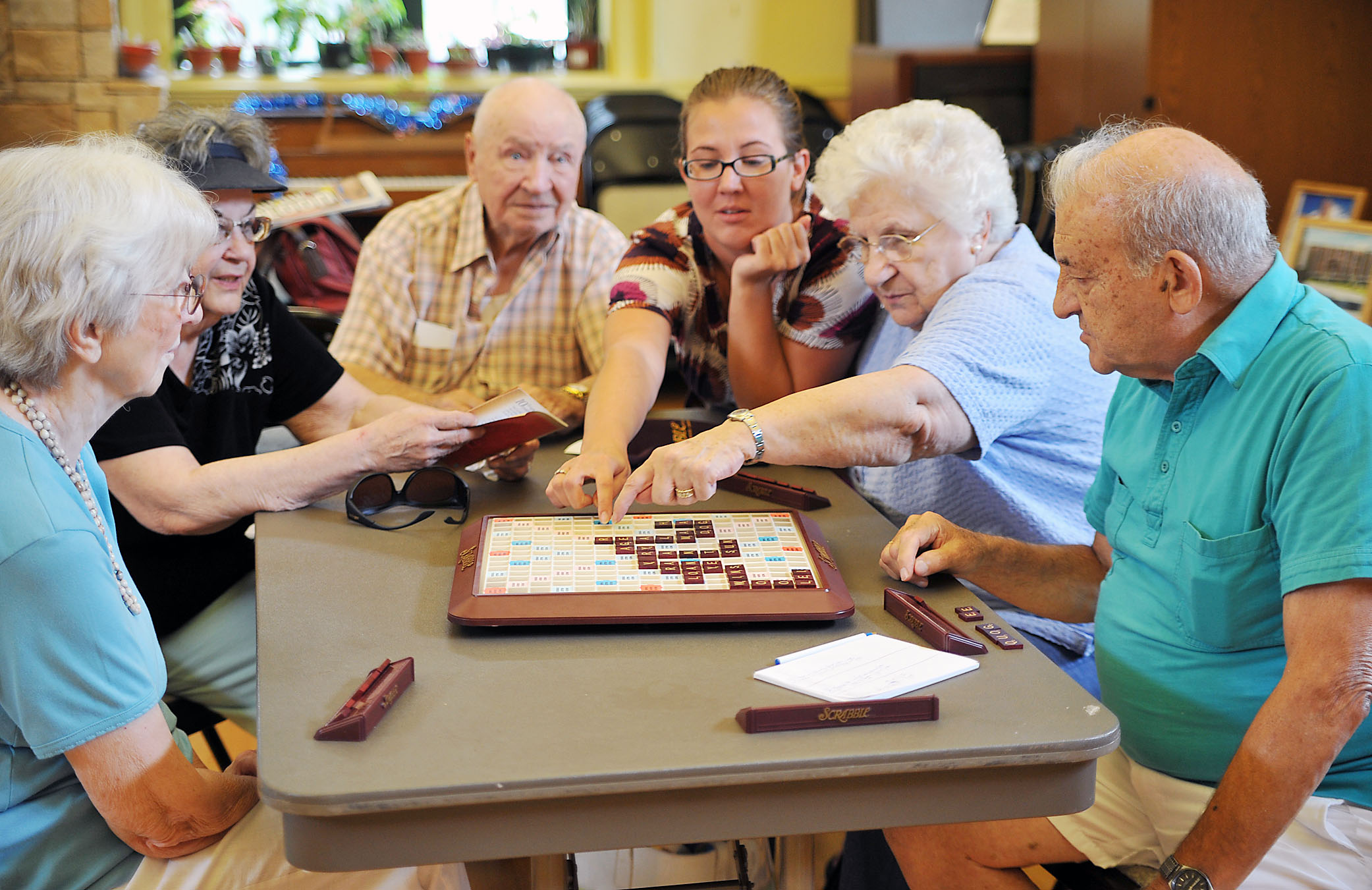In a recent development, the Deaf community has voiced its worries over the lack of support and resources available to them. The community has expressed concerns that they are often neglected by society and do not receive adequate support to overcome the challenges they face. This breaking news has caught the attention of many, and people are starting to take notice of the issues facing the Deaf community.
One of the most significant challenges that the Deaf community faces is a lack of access to education, employment opportunities, healthcare, and social services. Many Deaf individuals feel that they are not given equal opportunities to succeed in life, which is a major source of frustration and anxiety. These challenges are not new, and the Deaf community has been raising these issues for years, but it appears that they are not being adequately addressed.
The lack of support has resulted in a widening gap in educational attainment between Deaf and hearing individuals. According to a report by the National Deaf Center, only 5% of Deaf individuals earn a bachelor’s degree or higher, compared to 33% of the general population. This disparity is due in part to the lack of resources available to Deaf students, as well as discrimination and bias in the education system.
The employment prospects for Deaf individuals are also a cause for concern. Despite the passage of the Americans with Disabilities Act (ADA) in 1990, which prohibits discrimination against individuals with disabilities in the workplace, many Deaf individuals still face significant barriers to employment. According to a report by the National Deaf Center, the unemployment rate for Deaf individuals is nearly double that of the general population, and those who are employed often face lower wages and limited career advancement opportunities.
The healthcare system is another area where Deaf individuals often encounter difficulties. Many Deaf individuals report feeling misunderstood or ignored by healthcare providers who are not trained in working with Deaf patients. This can lead to misdiagnosis, inadequate treatment, and even medical errors. In addition, Deaf individuals may have difficulty accessing healthcare services due to a lack of interpreters or other accommodations.
Social services are also an area of concern for the Deaf community. Many Deaf individuals rely on social services such as housing assistance, food stamps, and disability benefits to make ends meet. However, these services are often difficult to access for Deaf individuals due to a lack of accessible information and communication barriers.
The Deaf community is not passive in the face of adversity. Many organizations and individuals are working tirelessly to address these issues and create a more inclusive society. For example, the National Association of the Deaf (NAD) is a nonprofit organization that advocates for the civil rights of Deaf individuals and promotes equal access to education, employment, healthcare, and social services. The NAD has been instrumental in the passage of legislation such as the ADA and the Rehabilitation Act of 1973, which prohibits discrimination against individuals with disabilities in federally funded programs.
Individuals are also making a difference. Deaf actress and producer Marlee Matlin has been a vocal advocate for the Deaf community, using her platform to raise awareness of Deaf issues and advocate for change. Similarly, Deaf artist and activist Christine Sun Kim uses her artwork to challenge the societal perception of Deafness and promote Deaf culture.
In conclusion, the Deaf community’s concerns over the lack of support and resources available to them are an important issue that must be addressed. The challenges they face are significant and often go unacknowledged by the wider society. However, through the efforts of organizations and individuals, progress is being made towards a more inclusive society where the needs of the Deaf community are addressed and respected. It is essential that society recognizes the unique challenges faced by the Deaf community and provides them with the support and resources they need to thrive.









